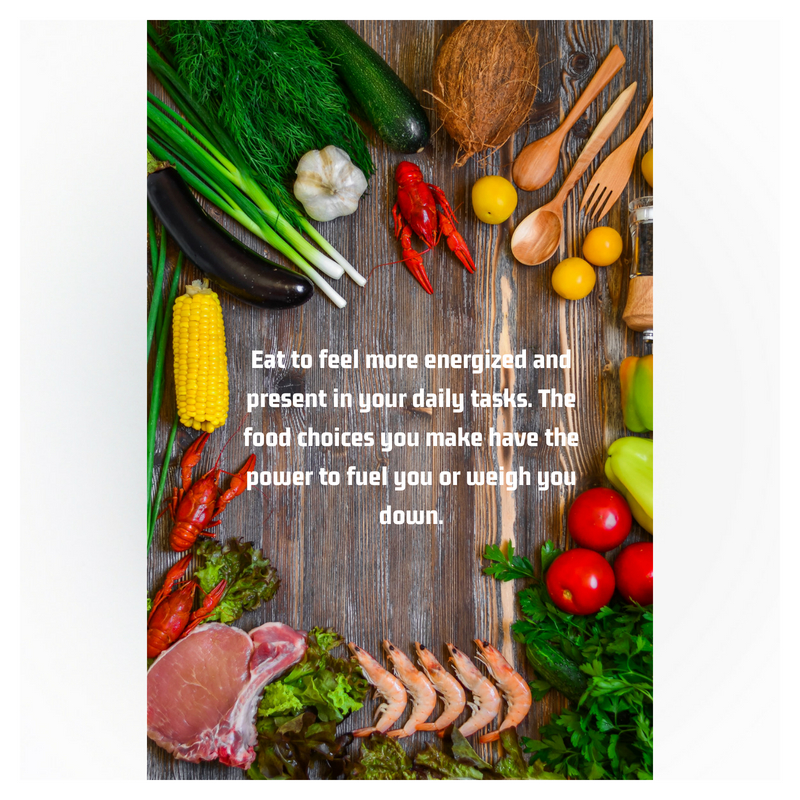Is your current state of mind preventing you from making positive changes in your life? As a dietitian, I see many patients struggle to make diet and wellness changes, even when they have the best of intentions. It’s common to feel like you know exactly what you need to do, but can’t bring yourself to do it. What’s worse, you don’t know why.
The brain is a funny thing. From a young age, our brain makes associations between external cues (like food) and an appropriate response (eating that food). We become conditioned to act a certain way and it takes a great deal of focus and vigilance to break these patterns. We must be in a state of great focus to be able to change the way we think about eating.

It is also quite a feat to attain this great focus. Life has us run ragged and for most, it takes all of our energy to make it through the day unscathed. Adding behavior change to this is downright exhausting after a few days, which is why sticking to habits is so difficult.
Here are a few tips for getting past your mental blocks for a better chance at success!
1. Is it a mental block or something more? It is vital to understand the difference between battling your old habits and fighting off anxiety and depression. Assess yourself for other signs of mental health issues and talk to your doctor if you feel there is something bigger going on. Trying to make changes on top of depression will have you spinning your wheels. Address the bigger issues first.
2. Develop a support network. Making connections between your ingrained habits and emotions is best done by talking about it. I suggest referring to a professional, like a dietitian or therapist specializing in emotional eating. They can help you recognize the patterns and help you develop ways to navigate eating triggers and stay on track. Let those close to you in on it too. Spouses and roommates often know your habits better than you do. Let them help!

3. Assess common nutritional culprits. The fact is, the brain will not function at its best unless properly nourished. Of course this is a catch 22. How can you function better if you cannot bring yourself to eat well? Look at the big things first. Low levels of Vitamin D, iron and B12 are common causes of fatigue and decreased mental acuity. A simple blood test with your doctor can tell you if a supplement may help.
4. Focus on the small things. Thinking about the big picture can be overwhelming. If you are low on energy and drive, focus on little things you can do each day that will inch you closer to your goals. Find examples of small goals here.
Want more of this stuff? Sign up for my mailing list for blog updates and news!
